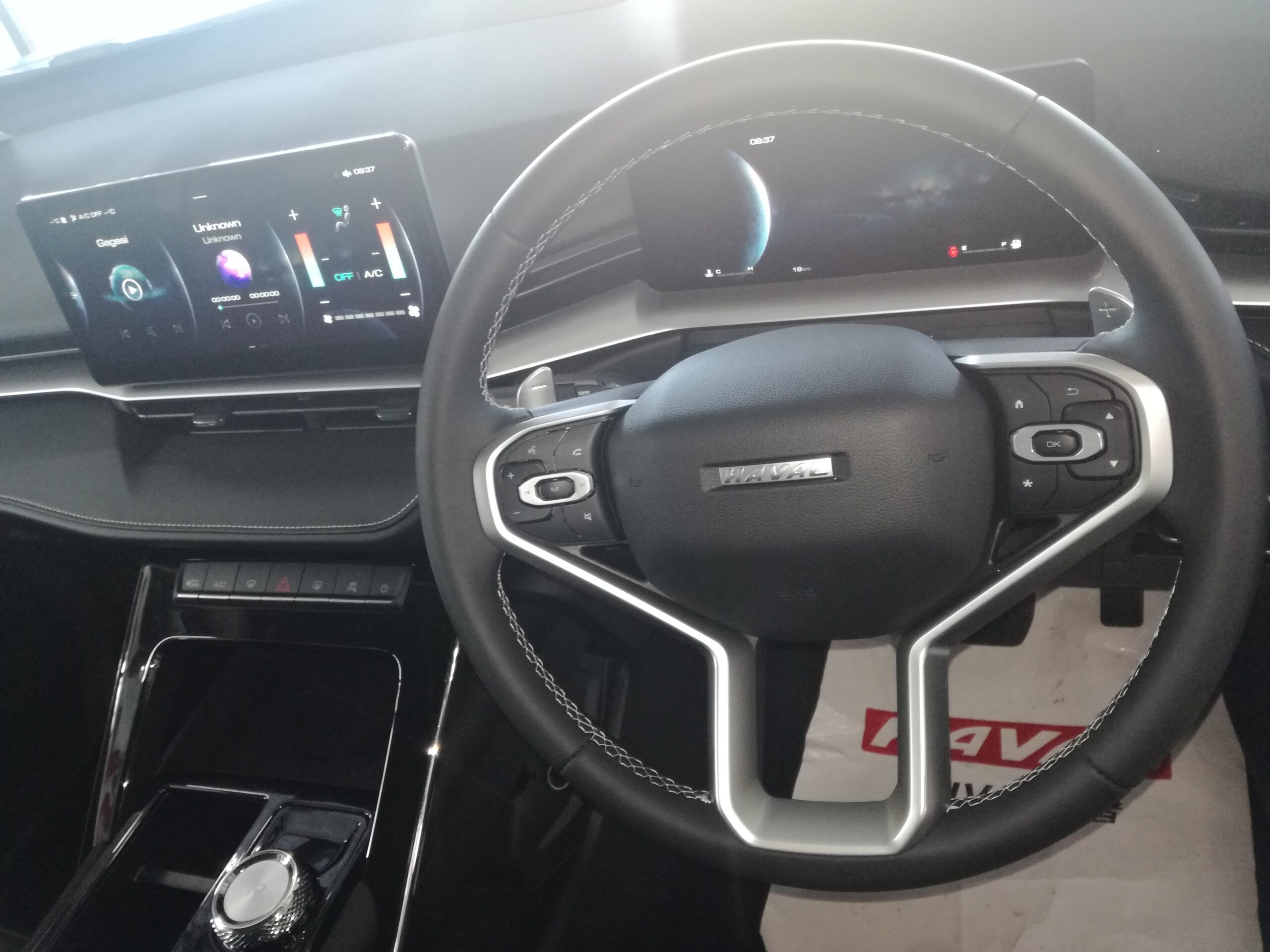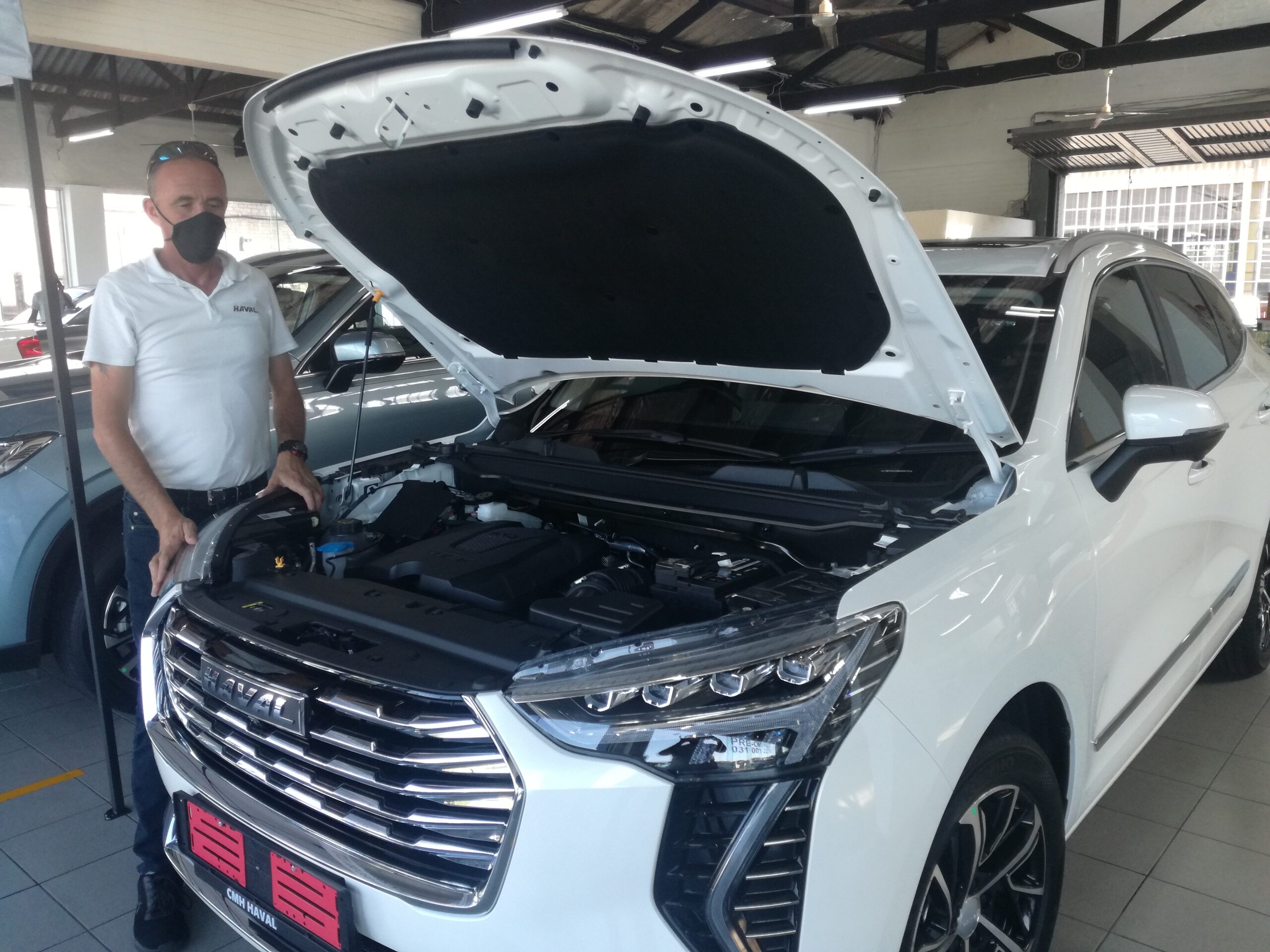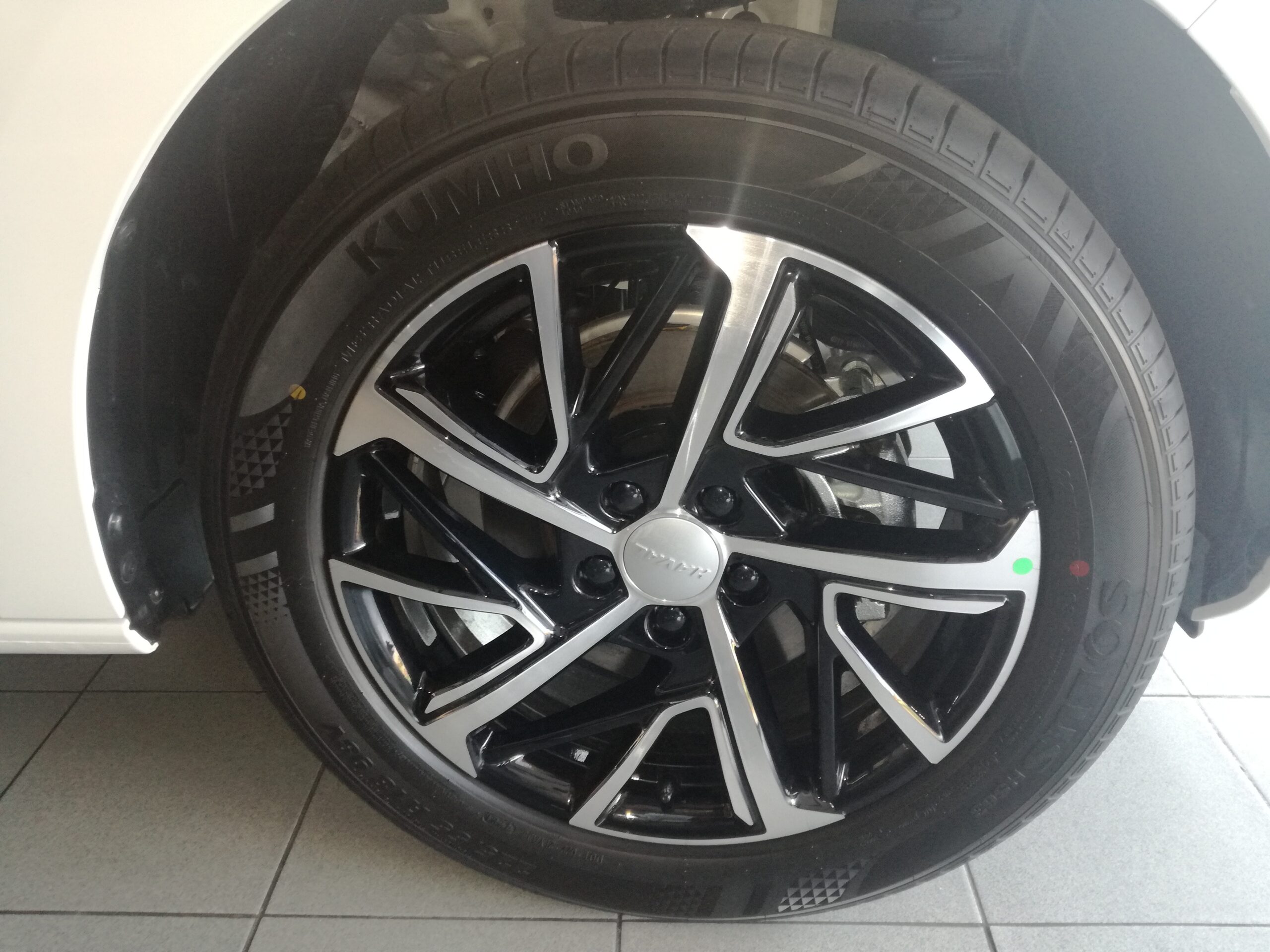Does your car sound different than it has before? Is there a sound you’ve noticed for a while and ignored? Listening to your car is actually very important as the sounds it makes can be a clue that something is not right.
1. Squealing or Grinding Brakes A common noise that a car makes could be related to your brakes. Squealing or grinding sounds can be due to the brake pads or shoes being worn down. In other words, your car may not have enough brake pad thickness to keep the metal components from touching. If you catch this early, you may only need to replace the pads. However, unsolved brake problems can cause brake failure, as the components of the brakes touching directly can damage the discs. When brake parts are worn out, they’ll lose effectiveness to the point where they might fail completely. Once this level of damage occurs, your braking system may become unsafe and unpredictable. Other causes may include brake callipers that were incorrectly mounted or have somehow come loose.
2. Hissing or Chirping Engine Hissing sounds coming from your engine can suggest that it is overheating, or the exhaust system or catalytic converter is plugged. A hiss may also point out a vacuum that has leaked. Noises can also be due to engine fluids leaking into hot exhaust parts. This could cause damage to your engine and are also dangerous fire hazards. Chirping sounds can suggest that the timing or serpentine belt in the engine has become loose or damaged. Some automotive belts can be adjusted, whilst others must be replaced. If left unaddressed, these engine issues will become worse which could be a danger to your safety and will inevitably end up costing more to repair.

3. Rattling Wheels/ Steering Wheel The rattling noise in your car wheels could indicate that something isn’t right with the way they are attached to the car. For example, a lug nut may have come loose and started rattling as the wheel turned around. Noises from your steering wheel may indicate low power steering fluid or damage to a component in the steering column. Issues with these car components can make the vehicle harder to manoeuvre as the problem develops, making your vehicle dangerous to you and other cars on the roads.

4. Rumbling/ Exhaust pops If your car sounds like it is rumbling when you accelerate, there could be a hole in your muffler. Although holes in your muffler are not detrimental to car performance, they are dangerous since they may allow dangerous fumes to leak into the passenger compartment. A popping noise can also indicate that there are leaks in the fuel injector, resulting in engine damage or increased fuel consumption and poor emissions.

5. Whirring Acceleration Worn-out universal joints, parts needing lubricant, or a faulty torque converter are all causes of engine whirring when your car is speeding up. In addition to its many gaskets, hoses and wires, your car’s engine also has several rotating belts. Over time, these belts can stretch or crack as they circulate at high speeds around a system of pulleys which can be another cause of the whirring sound. It is important to check this noise out because replacing worn out parts can prevent severe problems from occurring. Noises can give you great clues as to what issues your car is facing and can help indicate what aspects of your vehicle need altering. Never ignore a noise emitted from your car no matter how small or insignificant it may seem, as it is always better to be safe rather than sorry.
Start making your dream journey with Haval and GWM Visit us at 📌167 Josiah Gumede Road, Pinetown Or call us on ☎ 0877277018Or visit our website on 🌐www.havalpinetown.co.za for amazing deals.